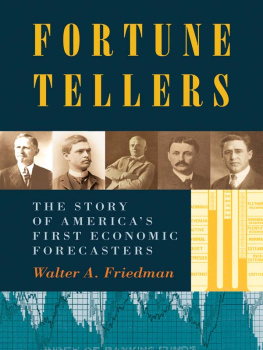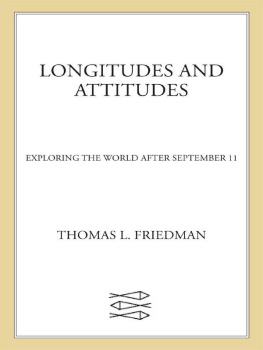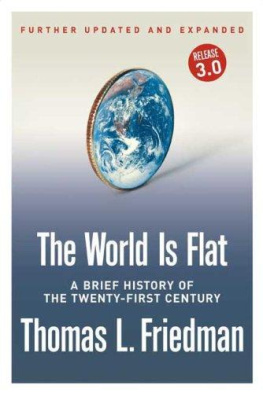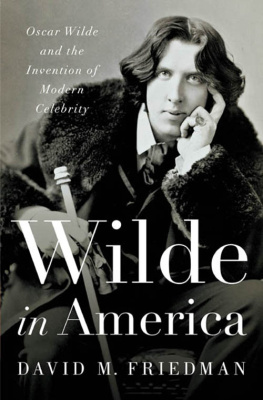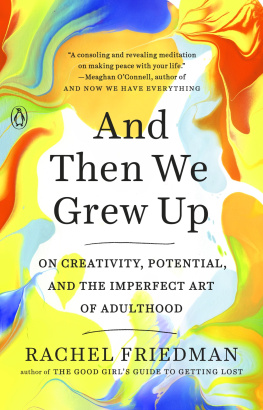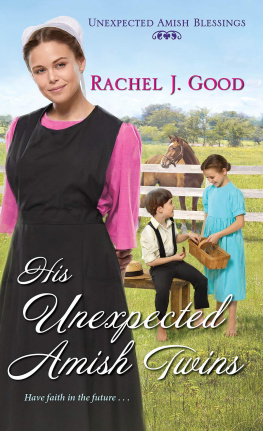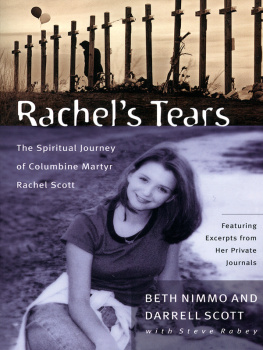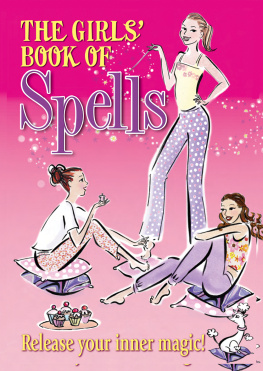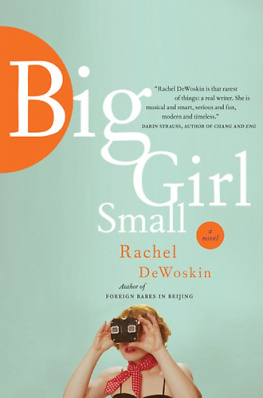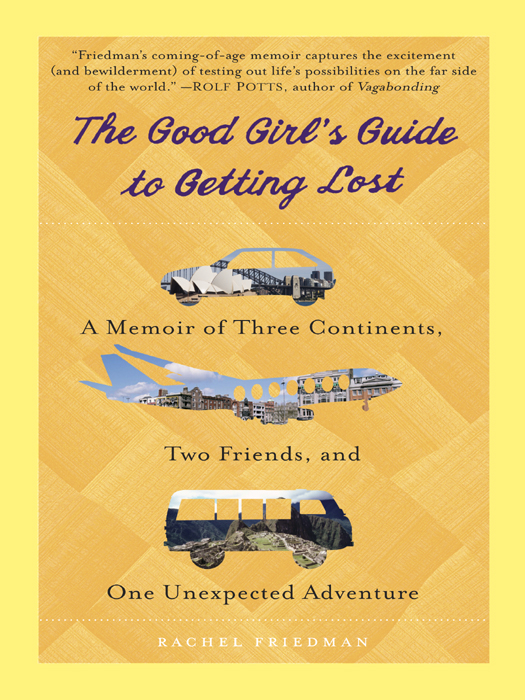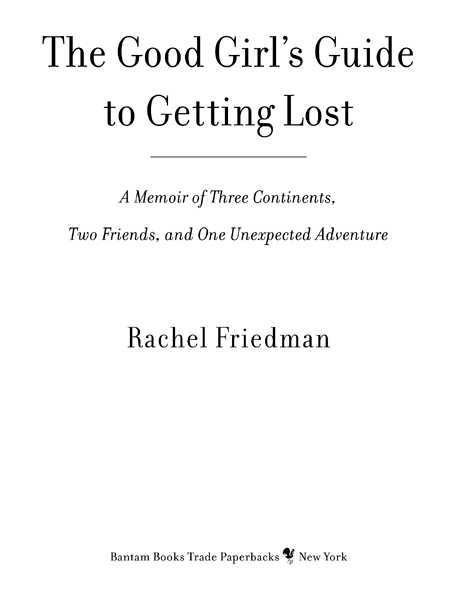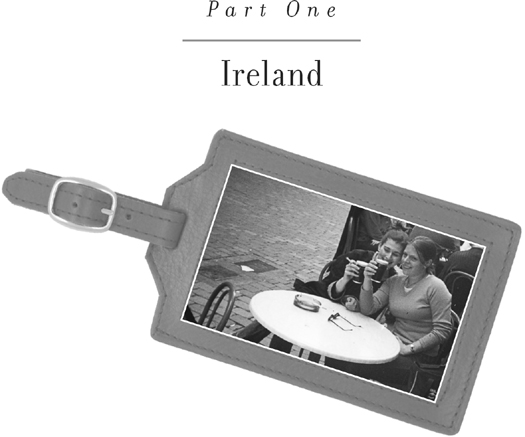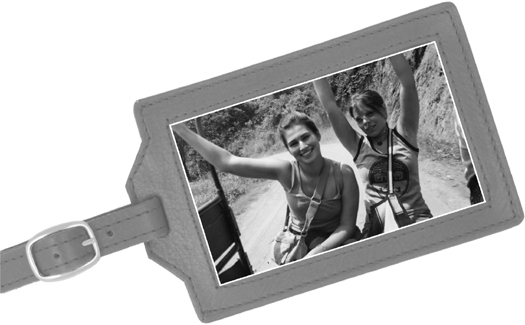
The Good Girls Guide to Getting Lost is a work of nonfiction. Some names and identifying details have been changed.
A Bantam Books Trade Paperback Original
Copyright 2011 by Rachel Friedman
All rights reserved.
Published in the United States by Bantam Books, an imprint of The Random House Publishing Group, a division of Random House, Inc., New York.
B ANTAM B OOKS and the rooster colophon are registered trademarks of Random House, Inc.
The Suicide Song, lyrics and music composed by Michal Imielski.
Produced by Michal Imielski.
Photographs are from the authors collection.
LIBRARY OF CONGRESS CATALOGING-IN-PUBLICATION DATA
Friedman, Rachel.
The good girls guide to getting lost : a memoir of three continents, two friends, and one unexpected adventure / Rachel Friedman.
p. cm.
eISBN: 978-0-553-90820-6
1. Friedman, Rachel. 2. Women travelersBiography. 3. Voyages and travels. I. Title.
G226.F75A3 2011
910.4dc22 2010052236
www.bantamdell.com
Cover design: Melissa Erder
Cover photographs (top to bottom): Purestock/Getty Images (Sydney), Merten/Taxi/Getty images (cityscape), Alvis Upitis/Brand X/Getty Images (Machu Picchu)
v3.1_r1
For my parents, my support
For Carly, my guide
For Martyn, my home
How do we go about turning into
the people we are meant to become?
LUCY GREALY,
Autobiography of a Face
Contents
Authors Note
Ive made every effort to relate my experiences accurately and to ensure that those represented still speak to me after reading this book. Some names have been changed, for privacys sake, and some time collapsed, for narratives. I relentlessly hounded my Australian travel companion to corroborate my memories; still, some of them are fuzzy around the edges. But all of this happenedand much more, too.
[1]
Our heroine, verily drowning in self-pity at the tender age of twenty, embarks on a grand adventure that is not yet either grand or an adventure but, rather, a hastily concocted plan to escape the confines of her current existence and the quotidian yet oppressive pressures contained therein.
The plane descends through a thick belt of clouds into blinding light. I havent fully registered the transition from night to day until sun pours through the oblong windows, jarring me out of semi-consciousness. For the past eight hours, ever since I waved goodbye to my father at the airport and marched myself onto a plane bound for Dublin, Ive been wondering if I was in some altered state when I planned this trip, because the reality of it feels distinctly like a bad hangover. Being bathed in golden light only adds to my surreal arrival. Isnt it supposed to be raining in Ireland?
We thud against the tarmac, and my fellow passengers shuffle to life, folding in half to gather their belongings from beneath the seats. Eager to depart, the frizzy-haired girl in the row ahead of me springs up like a jack-in-the-box as soon as the seat-belt light clicks off for the last time. I remain belted in, doing my best deer-in-headlights impression. I might just stay on this plane all day, ride it round-trip like I did once when I was little and too frightened to get off the revolving ski lift at the top of the mountain. The elderly woman sitting next to me, a tiny person with papery hands and merlot-stained lips, leans over and taps the book sitting in my lap: Angelas Ashes.
Oh, that poor Angela, she sighs in one of those lilting Irish accents that make a grocery list sound like a Yeats poem. Heaven knows she did the best for those boys, then Frank comes along and airs their business to the whole bloody world. Her tone is heavy with disdain, as if the author sold naked photos of his mother to the tabloids, not penned a Pulitzer Prize winner about his Irish childhood. Coming from the land of all publicity is good publicity, Id just assumed McCourts native country embraced his memoir, proudly adding him to their long list (suspiciously long, really, considering Irelands size) of distinguished writers. But like I was wrong about the weather, it seems I am mistaken about this, too.
Here are the facts of the present moment. Its 2002. Im twenty years old. Ive just embarked on four months in a foreign country alone. Im carrying six hundred dollars in travelers checks, money saved up from waitressing last semester. I booked two nights in a Dublin hostel before I left. Other than that, Ive got no plan. And this greatly confounds me because I always have a plan. At least I used to be the kind of girl who always has a plan.
In a few months, Ill be a college senior. School has been the organizing principle of my existence for as long as I can remember, and I have no idea what comes after that. My academic parents raised me to be ambitious and goal-oriented. In particular, my father, a film professor, molded me into a second-wave feminist whose duty it was to burst forth into the world and crush the male competition. He used to routinely deconstruct the PG films we watched together to comment on the functioning of the male gaze, say, or to illustrate how gender is performative. I still remember his lecture on The Little Mermaid: Its just not equitable. Ariel has to give up everything for this guyfirst her voice, then her home. On a very real level, Rachel, she has to give up who she is. What are we to make of this?
Jesus, Lester, my mother would sigh.
I was eight.
But I listened. I always listened.
I was a scholarship kid at a small, eccentric college-preparatory high school, the kind of place where you juggled two dozen AP classes at once. Much of my teenage world revolved around studying, carefully calibrated extracurricular activities, and endless rounds of practice SATs.
There was never a question of whether I would attend collegeonly where. And I was desperate to go, both because my parents divorce when I was fifteen had left me without a place I truly identified as home and because I genuinely loved school, where the formula for success was straightforward. Study and you get good grades. Simple, safe. But no class has prepared me for the post-student leap I am facing now, and being an eternal over-achiever who bases her self-worth on her GPA, I am woefully ill-equipped to take on the unpredictable, unscheduled life awaiting me after college graduation. I am terrified of this unknown.
In the Dublin airport, confident, purposeful travelers swirl around me, off to meetings and reunions and homes. All of them seem to know exactly where they are headedexcept me. For a few moments, I am frozen and directionless, lost amid the drifting crowds. My brain works in slow motion, registering my tasks: pick up suitcase, exchange money, find hostel.



